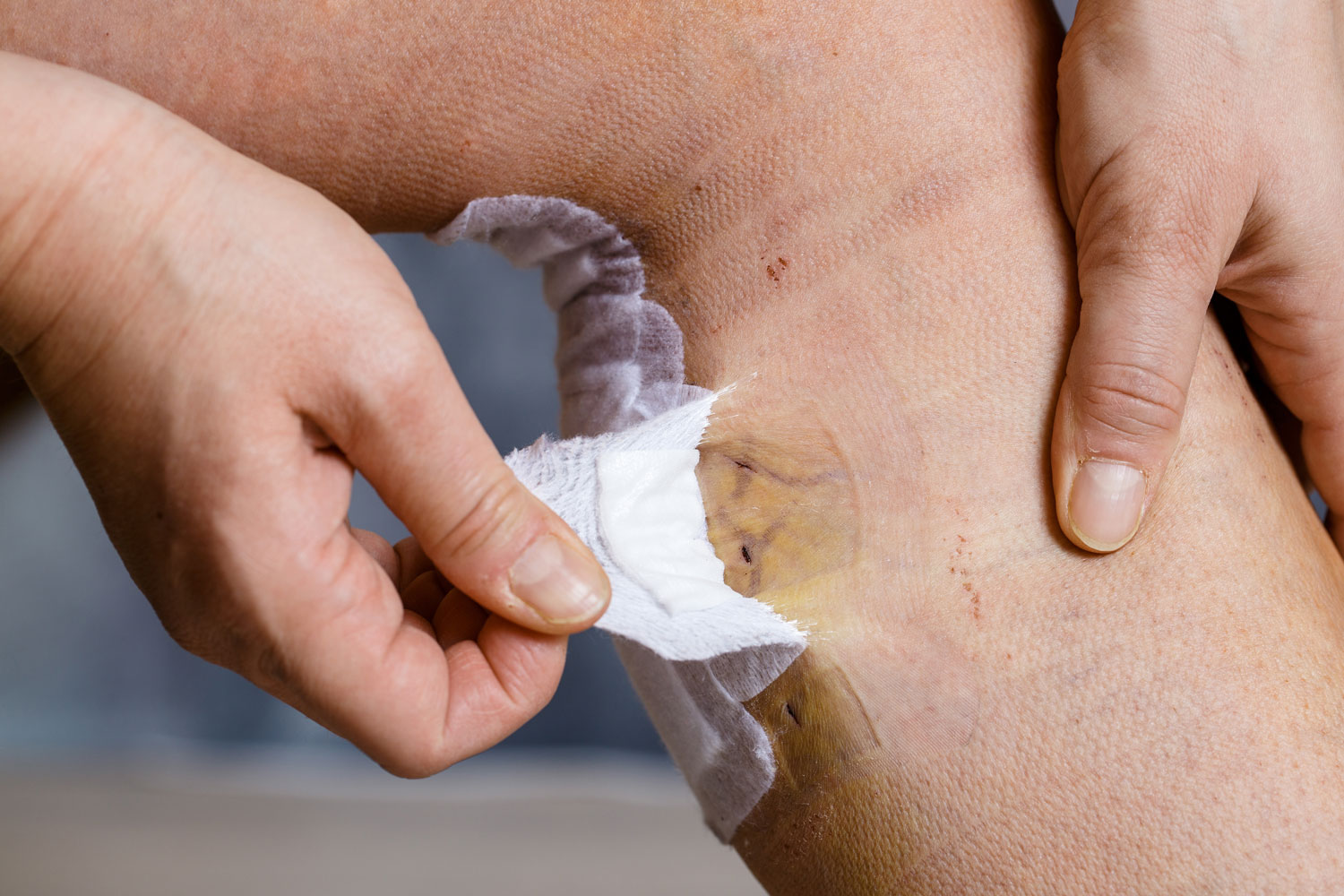Treatment
Wounds We Treat

Types of Wounds We Treat
Wound healing involves a complex physiological process that includes inflammation, tissue formation, and remodeling. The approach to treating each type of wound may vary based on factors such as size, depth, location, and the overall health of the individual. The DV Professional Group wound healing team plays a crucial role in assessing, treating, and managing these diverse types of wounds.
Wounds can be categorized based on various criteria, including the cause, depth, and healing characteristics. Below are the common types of wounds:
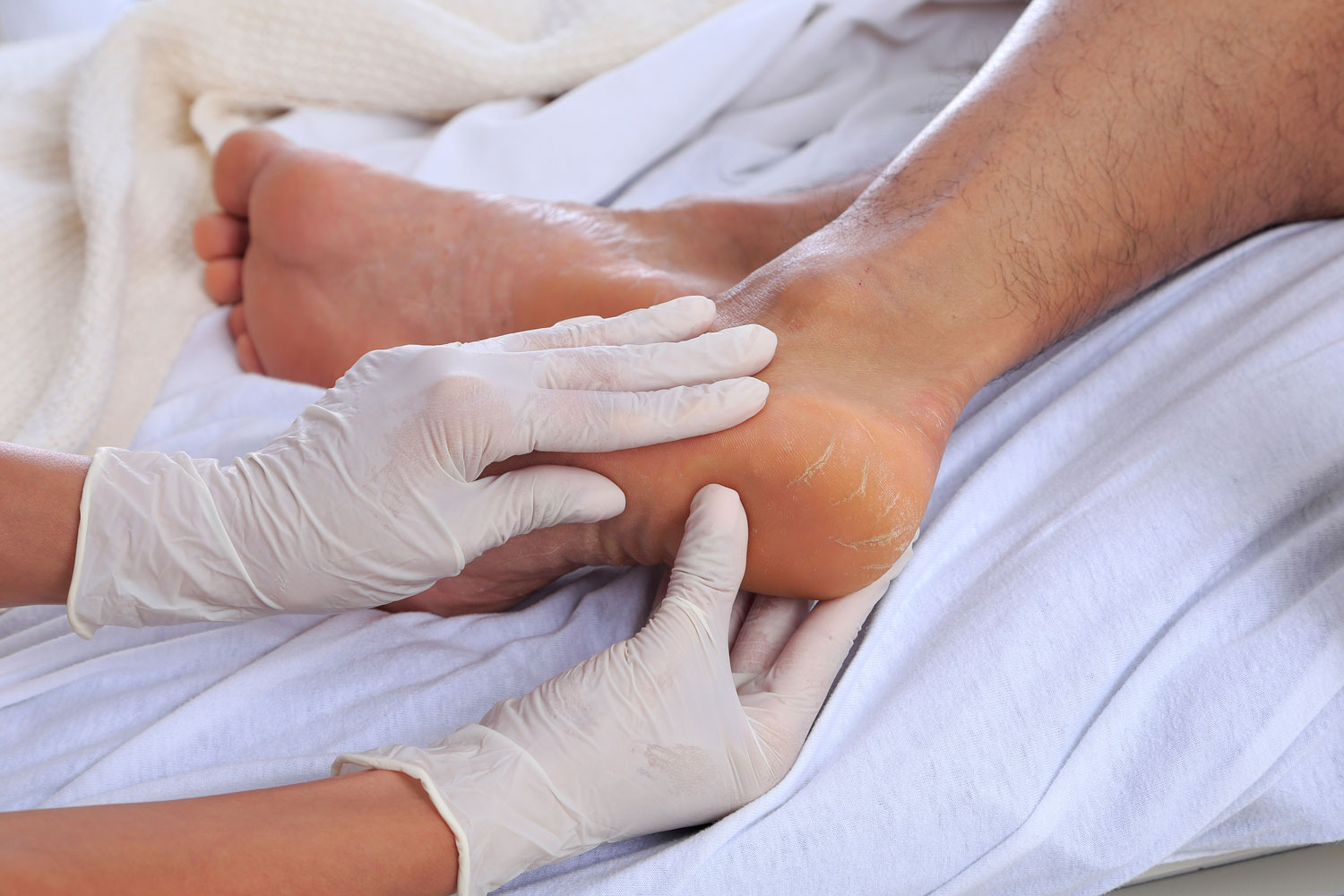
Diabetic Ulcers

Pressure Ulcers
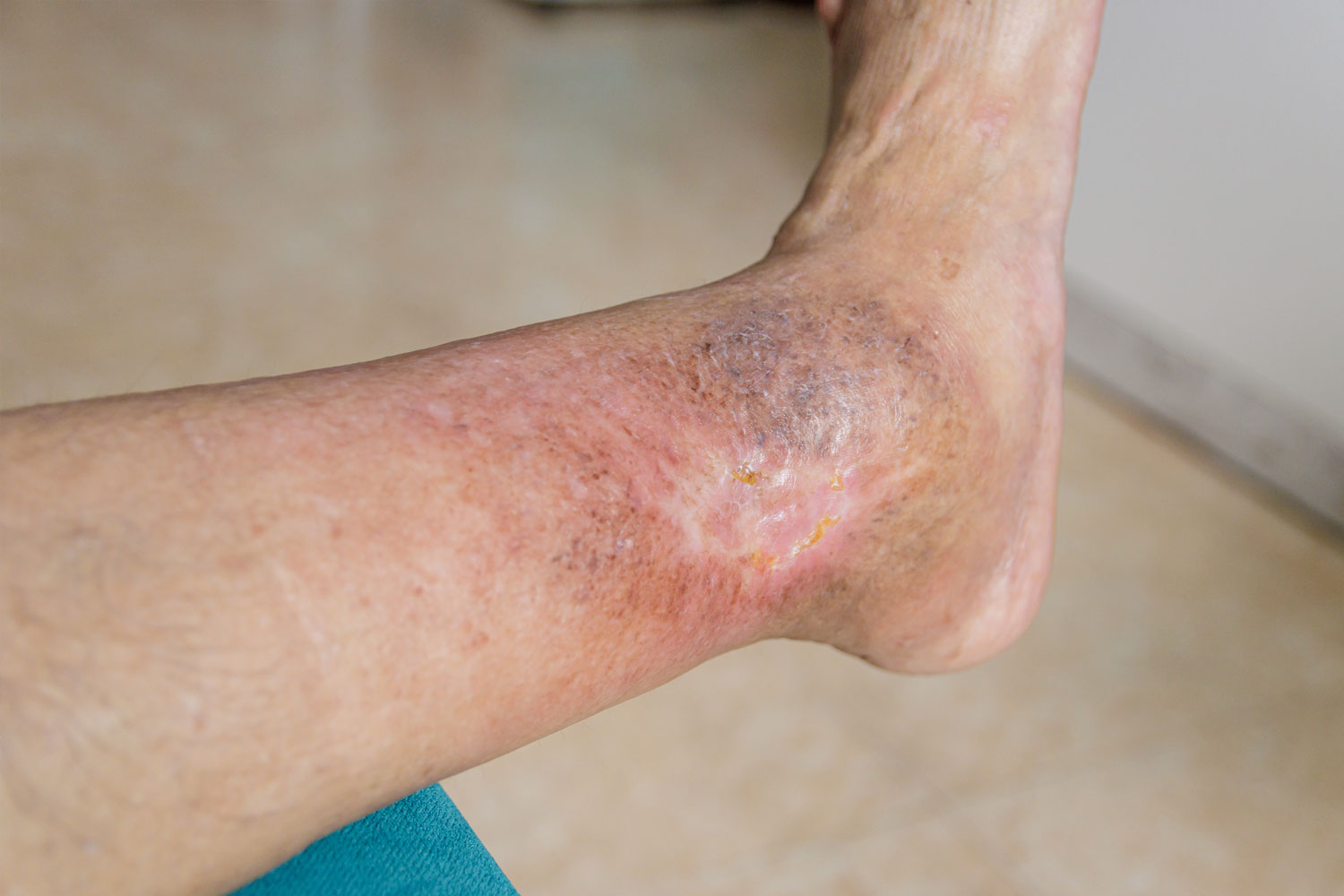
Arterial and Venous Ulcers
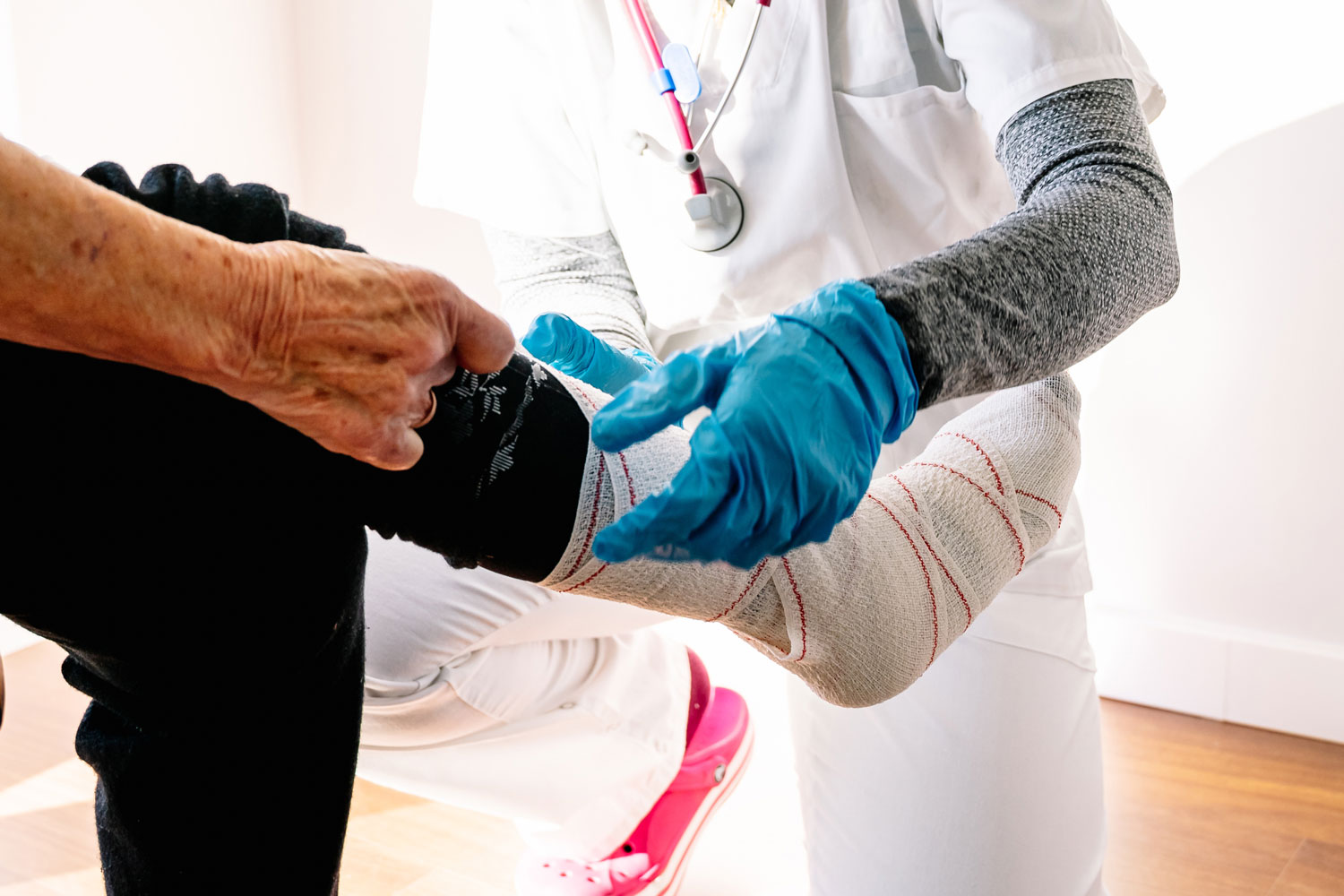
Trauma Related Wounds
As we age, the impact of traumatic injuries can be more pronounced, making detection and recovery more challenging. While injuries can affect individuals of all ages, older people may experience more severe consequences. Sometimes, identifying the extent of these injuries becomes difficult initially, leading to complex and prolonged recovery journeys. At DV PRO, we understand the unique needs of older individuals, offering specialized care and support to ensure a comprehensive healing process.
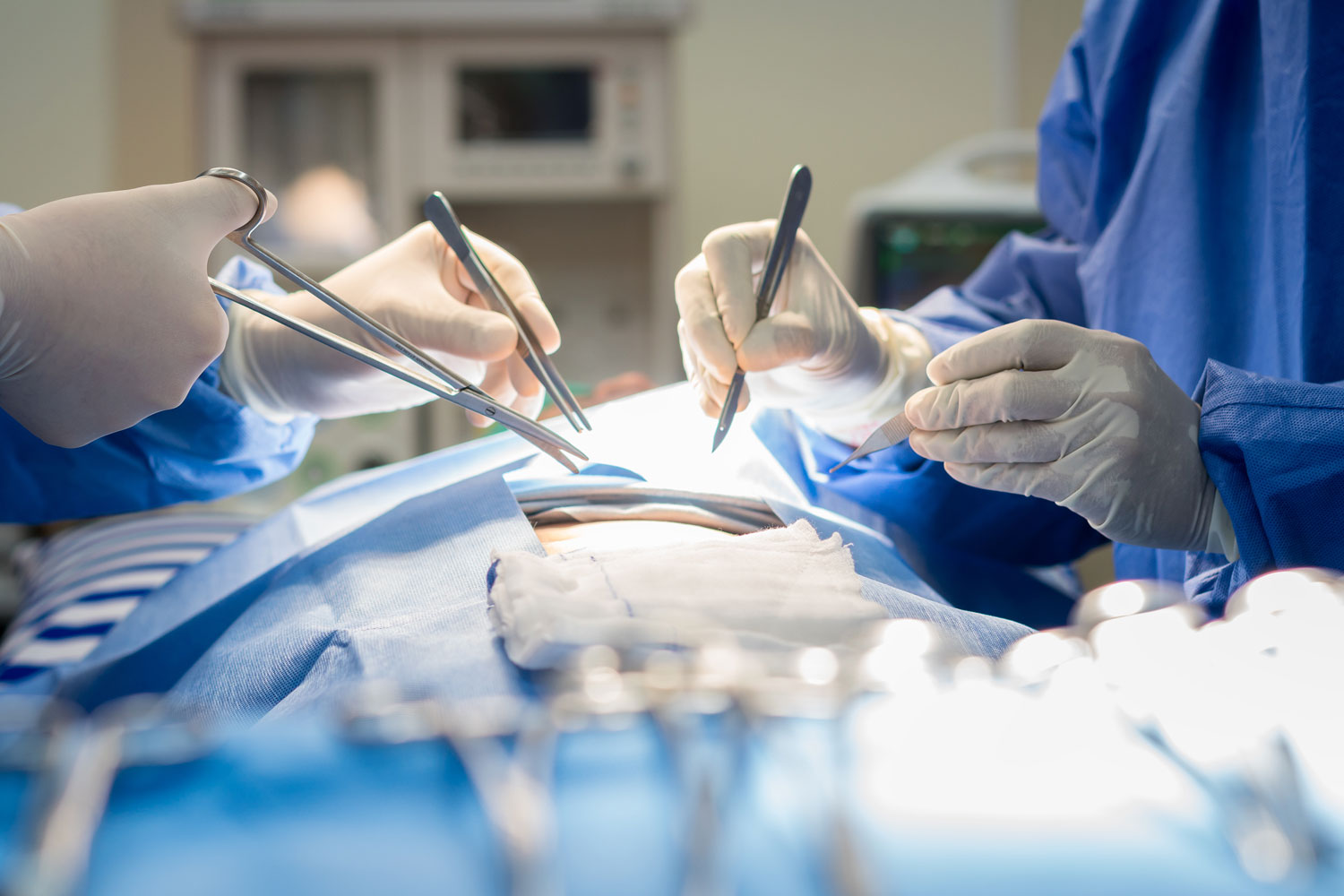
Non-healing Surgical Wounds
